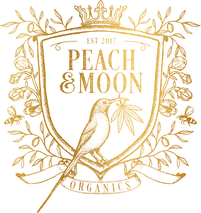Addiction
CBD is thought to modulate various neuronal circuits involved in drug addiction. A number of studies suggest that CBD may have therapeutic properties that treat opioid, cocaine and psycho-stimulant addiction, and some data suggests that it may be beneficial in nicotine addiction. Further studies are necessary to fully evaluate the potential of CBD as an intervention for addiction.
Results of a 2013 animal study using morphine suggests that CBD interferes with brain reward mechanisms responsible for the expression of the acute reinforcing properties of opioids, indicating that CBD may be clinically useful in 'turning down the volume' of the rewarding effects of opioids.
Using CBD
In using CBD to treat issues of addiction, it is important to assess the level of physical and psychological dependence, the underlying issues leading to the condition, and specific withdrawal symptoms. A person in the earlier stages of withdrawal may need to build up to the standard or macro dose, and also use fast-acting delivery systems, such as vaporization (or sublingual products like CBD 800) for trigger moments. Later on in treatment, one may be able to go down to a micro dose. In considering terpene profiles that might be useful in reducing withdrawal and trigger moments, linalool and myrcene are good for their calming effect. These are found in our CBD Plus. We recommend CBD Plus for daytime use and CBD 800 for trigger moments and night time use. If you are using both, begin by micro dosing CBD 800 at night and take one dose of CBD Plus in the morning. You might find you need up to three doses of CBD Plus administered between morning and lunch time.
There is no one-size-fits-all approach to dosages, and you will need to monitor the effects. We suggest keeping a diary to do this, since you may need to tweak your dosages. Always start with a micro dosage to check sensitivity and be extremely weary when tapering off any medications.
